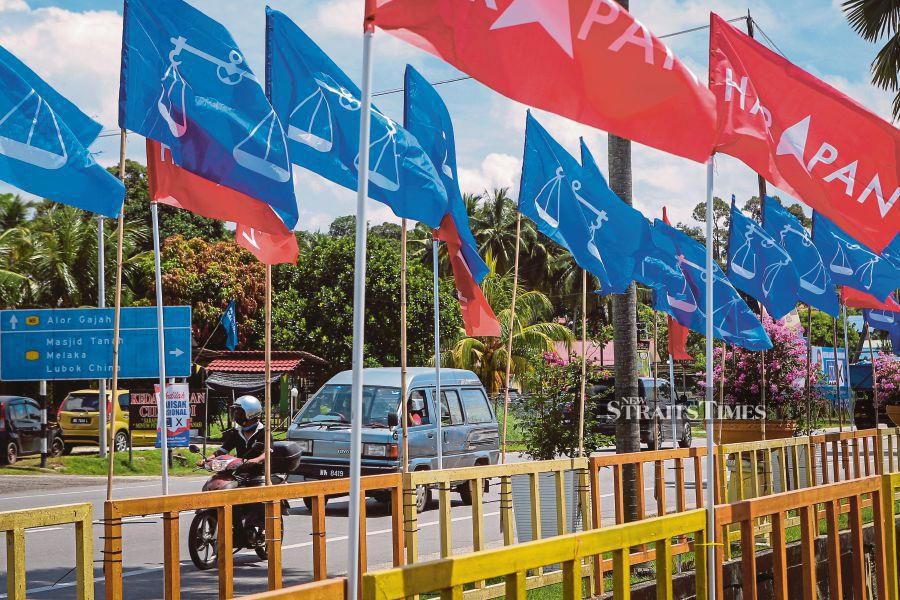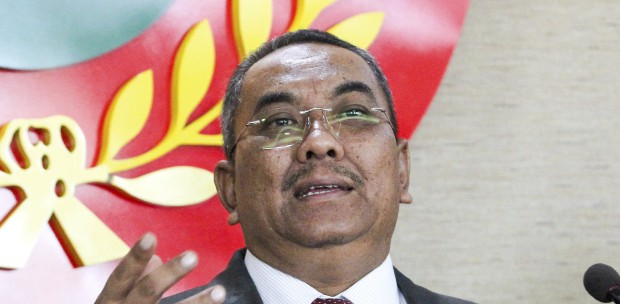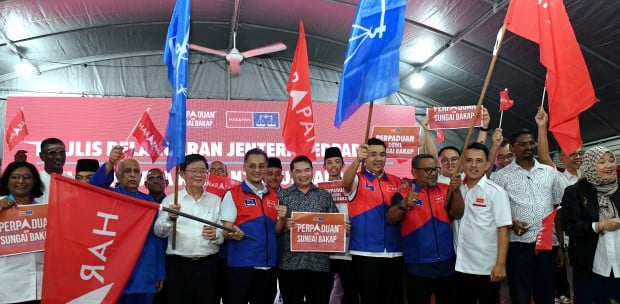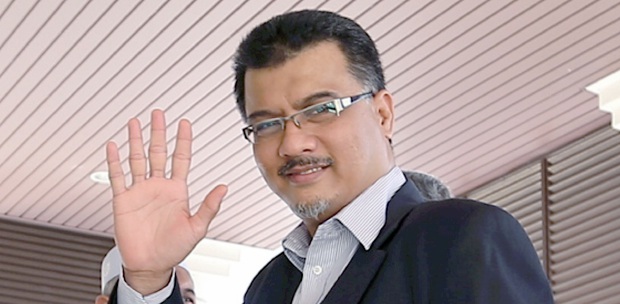MELAKA: The Melaka election, as some observers have put it, was not triggered by the need to resolve people's woes.
Instead, it appears to seek and prove the political legitimacy of parties, from Pakatan Harapan's mission to reinstate its original mandate, Perikatan Nasional's debuting its show of power, Barisan Nasional's reasserting its traditional right, to political ambitions gone awry through Datuk Seri Idris Haron's tale of feuding "lions on a mountain" analogy.
But there was little mention of local issues affecting voters despite having gone through two governments, and now, a third, on Nov 20.
It is only when asked by reporters that some candidates revealed — in between whispers to their personal assistants — of plans to look into flash floods, the terrible draining system, and of course, the fishing community's infrastructure.
People are saying that the issues have always been perennial, regardless of the change of administration.
"It does not matter whether there is a change in government, or even a unity government made up of two or three parties.
"Politicians will either remain in their seats for too long to take notice of promises made or have their stay cut short by political upheavals.
"Either way, people are suffering," said a businessman, who declined to be named, when met during dinner at the Portuguese Settlement, Ujong Pasir, recently.
For instance, the severe lack of parking space at Melaka Hospital has been been raised every time an election is called.
For years, visitors have had to endure traffic jams and narrow pathways formed by illegal parking on curbs as they looked for parking space.
Another long-standing issue is the infrastructure for army personnel living outside the Terendak and Sungai Udang camps.
The Barisan Nasional candidate for Sungai Udang, Datuk Seri Mohamad Ali Mohamad, upon inspection, said his machinery would focus on the drainage system at some of the flats.
Some had questioned whether the problem had been given the attention it deserved before the state assembly was dissolved, or was being looked into only for brownie points.
"Oh no, I did not do this to get their (army officers') votes," said Ali in Klebang.
As for promises made on improving the fishing industry, among the problems for the candidates to solve included erosion and the need to commercialise fishermen's catch.
A fisherman in Pantai Kundor, who wanted to be known only as Daud, said he could recognise "empty promises coming from from miles away".
"The promises will soothe you like a breezy coastal wind.
"You will be lulled for a moment before realising you are standing under the scorching sun.
"We can talk about the need to sell our catch at a larger market or repairs for buildings damaged by erosion.
"There is always another election or another politician."
Such a disillusionment remains palpable, and apart from the Covid-19 threat, could negate the Election Commission's prediction of a 70 per cent voter turnout.
Several politicians, who were aware of the possible ramifications, have made a promise to introduce a mechanism to ensure the pledges are realised.
On Friday, Perikatan Nasional chairman Tan Sri Muhyiddin Yassin, for example, said the coalition would form a body to monitor the implementation of pledges made.
However, a cynic will question the efficiency of each portfolio tasked with looking into problems.
Will these candidates redeem their track record or pledges made by predecessors?
Or will they let complacency and politicking get in their way?






